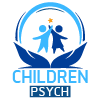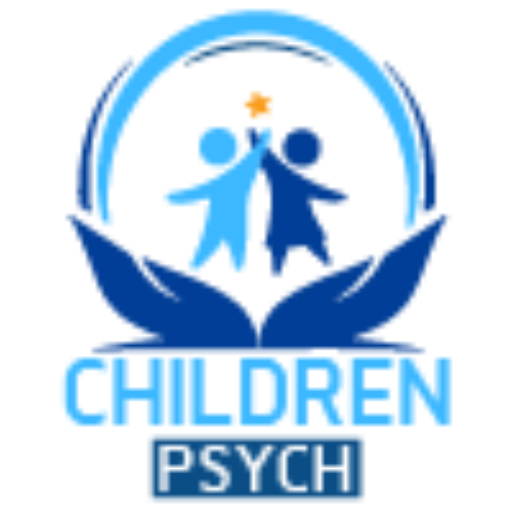Intrusive Thoughts in Kids; How Should Parents Handle Them?

Sometimes we get these random thoughts of just jumping off cliffs or walking right into traffic—these are called intrusive thoughts. And while as adults, we may be more disciplined and cautious of not following them, children may be the same way.
Intrusive thoughts can be disturbing, especially if you are unable to distinguish them from what they should be. Not only will this put a child in distress but even at the risk of possible danger or maybe harm to others.
How Do I Help My Child Deal With Intrusive Thoughts?
As a parent, you need to be the main supporter who should be helping your child deal with these intrusive thoughts. There are three main things that you will need to do in order for them to be able to process these thoughts in a healthy manner.
1. Let Them Know It’s Normal
Some kids often fear telling others what they feel or experience because they are afraid of being treated as an outcast. They may be worried that they will be told that what is happening to them is not normal, and they will be regarded as a black sheep or worse, bullied.
This is why it is very crucial that you let your child know that these intrusive thoughts are completely normal. Let them know that you experience them too, and so do a lot of other kids their age. Reassure them that having these intrusive thoughts does not make them a bad person and that there is a proper way of dealing with these thoughts. Make sure that your child does not feel alone and that they know you are a support system who will be with them along the way.
2. Differentiate ‘Thinking’ from ‘Doing’
Kids may not fully understand the processes of the world. However, they are able to grasp the concepts of what is good and what is bad. For them, just having these “bad” thoughts may already feel like they are doing something wrong and that they are contributing to the bad things going on in the world.
Try to change this perception for your child. Make them understand that these intrusive thoughts are not something they can necessarily control and that it does not make them a bad person, either. Also reassure them that even if they are thinking these bad thoughts, that does not mean it will result in something bad happening, especially if they are not acting on them.
3. Help Them Identify These Intrusive Thoughts
Now the biggest issue with some children is that they sometimes do not know whether the thoughts they are having are already intrusive. The best way to handle this is to open communication with your child and encourage them to talk to you about what they think or feel. By doing this, you can then help them identify what intrusive thoughts are that they should not act on. Do not scold your child whenever they have negative thoughts or emotions. Rather, help them process and deal with it.
Conclusion
Intrusive thoughts are not a bad thing but many children do not understand that. If you are a parent, it is your responsibility to help your child understand what thoughts are intrusive and how you should be dealing with them.
If you are looking for a child psychiatrist in Orange , CA, Long Beach, CA, or Phoenix, Arizona, then you can contact Children Psych. Our team of psychiatrists and board-certified psychiatric nurse practitioners are here to help and work with you and your children through any issues or difficulties. Call us or Book an appointment online today!



